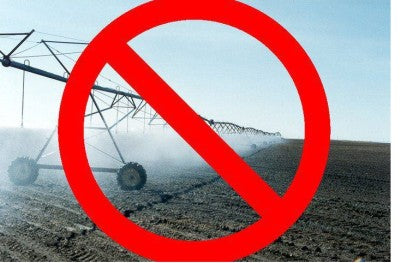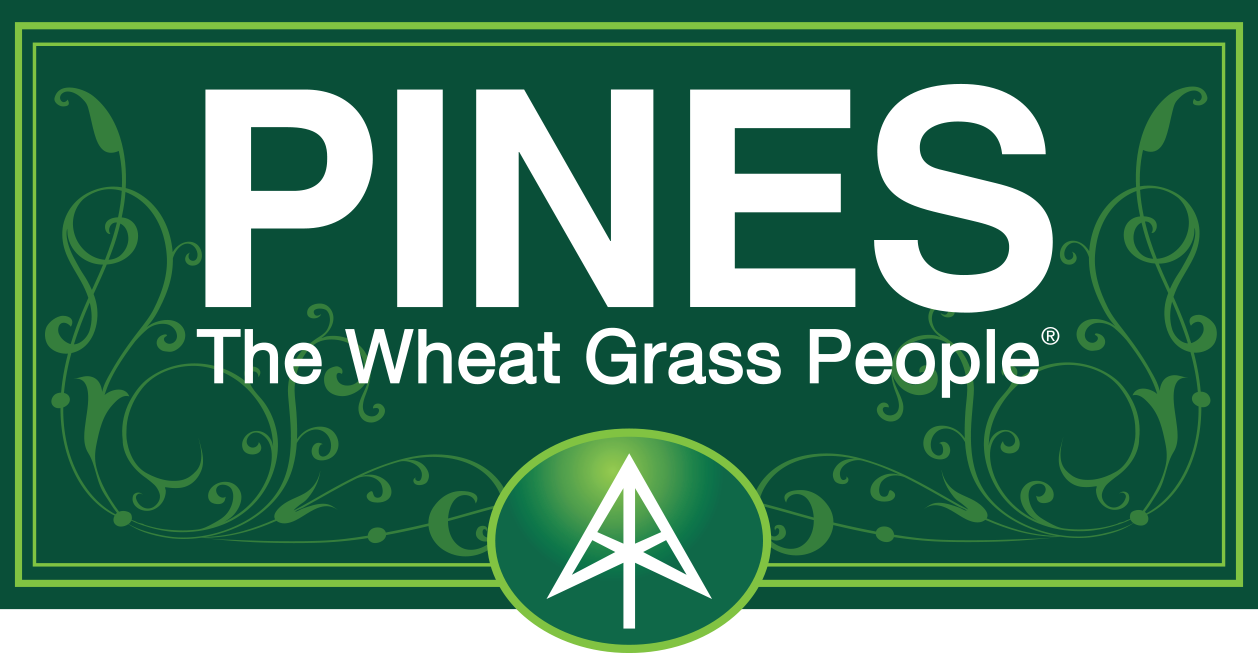Even before starting Pines, the Founders envisioned the Wilderness Community Education Foundation (WCEF). They wanted Pines to use its profits for the goals of the WCEF. Those goals included sustainable farming and good food for all. The WCEF is a 501(c) tax exempt organization whose support comes mostly from Pines and the shareholders of Pines through annual gifts and bequests. Each year, the WCEF provides gifts to programs for feeding hungry people and in support of sustainable agriculture. This year's total gifts were $14,555 and included these organizations:
| The Cornucopia Institute | $1,000 |
| The Land Institute | $500 |
| Friends of the Kaw | $1,250 |
| Habitat for Humanity | $1,000 |
| Bastyr University | $500 |
| Lawrence Community Shelter | $1,500 |
| Kansas Food Bank | $1,000 |
| ECKAN Just Food | $1,500 |
| American Indian College Fund | $1,000 |
| Kansas Land Trust | $500 |
| Kansas Rural Center | $500 |
| Lawrence Meals on Wheels | $1,805 |
| The Sierra Club Foundation | $500 |
| Citizens Climate Education | $500 |
| Sarcoxie Fire Department | $1,000 |
| EWG | $500 |
In addition to annual gifts to causes such as these, the WCEF supports these other projects:
The WCEF and Pines Restores Native Prairie

This picture is one of the fields the WCEF returned to native prairie. The WCEF returns erodible fields to native prairie when possible.
The WCEF gives to the Kansas Land Trust each year and supports its goals.
The Kansas Land Trust works with landowners and other like-minded groups to protect our natural heritage. To date, KLT preserved more than 38,000 acres, across 68 parcels in Kansas, with more than 1,100 of those acres being open to the public. Within those 38,000 acres, the Kansas Land Trust protects over 132 miles of buffers along Kansas streams.
KLT works on many more projects. In 2016, KLT had conserved 89% of the land as tallgrass prairie, an endangered ecosystem.
Establishing Permanent Wildlife Refuges Adjacent to Pines' Fields
In the 1980s and 1990s, most gifts to the WCEF came from Pines. The WCEF used those funds to purchase more than 700 acres of woodlands and prairie as a wildlife refuge. Pines also purchased more than 1,000 additional acres for as organic farms. We brought all these lands into certified organic status within three years from the date of purchase.
Another 5,000 acres of nearby woodland and native prairie are owned by the University of Kansas Endowment Association. Combined with land owned by PINES and the WCEF has made one of the largest expanses of undeveloped land in Northeastern Kansas. All the land is certified organic.

WCEF's Role in the Kansas Riverkeeper Program
Another major project for the WCEF and Pines during our first two decades was the Kansas Riverkeeper program called "Friends of the Kaw." More than half of a permanent endowment came from Pines, the WCEF and our shareholders. Friends of the Kaw invested this fund. Income from it ensures a Riverkeeper in perpetuity to protect a beautiful but threatened Kansas resource. The Riverkeeper travels the Kansas river to report pollution. She also lobbies the law makers to prevent damage or pollution to this precious resource.

More than $150,000 in Gifts During Last Eight Years
In more recent years, the WCEF used gifts from stockholders and bequests to support its values of sustainable agriculture and feeding hungry people. Since 2008, the WCEF gave more than $135,000 to various groups that share our goals.
Gifts to Support the Planet
The WCEF provides funds to the Kansas Sierra Club, Citizens' Climate Lobby, Kansas Land Trust and Friends of the Kaw. We speak out against farming methods in other parts of Kansas that waste and contaminate ground water. Farmers in the dry parts of our State depleted and poisoned the precious and once-plentiful ground water supply known as the "Ogallala Aquifer." They wasted it and contaminated it with poisons used to grow animal feed for the meat industry and GMO corn for ethanol. This resource took tens of thousands of years to accumulate. In less than 100 years, poison-based farming has nearly depleted and poisoned it. Besides speaking out against using what little remains of this resource, Pines grows its crops in areas that do not require irrigation. Instead, we depend on natural rainfall.

Gifts to Support Organic Farming
PINES supports with four organic certification groups. Further, the WCEF makes cash gifts to The Land Institute, Kansas Rural Center and The Cornucopia Institute.

Gifts to Programs Dedicated to Feeding Hungry People
PINES has given millions of Pines Wheat Grass servings to feeding programs worldwide. The WCEF supports local programs for the feeding hungry people with cash gifts. Those programs include Lawrence Meals on Wheels, Kansas Food Bank, ECKAN/Just Food.


Other Contributions to Programs for the Poor
The WCEF has also made cash contributions to other programs that help people in need and to feeding hungry people. Those include the Lawrence Habitat for Humanity, Health Care Access, Heartland Community Health Center and the Lawrence Community Shelter.
In addition, the WCEF has also supported scholarship programs with Bastyr University, the United Negro College Fund and the American Indian College Fund. We also provide cash contributions to our local fire department, the Jefferson County Fire District.
 Pines gave computers, printers and software to a school on a remote Island off the coast of Belize.
Pines gave computers, printers and software to a school on a remote Island off the coast of Belize.
Like most natural food brands, PINES also makes gifts to Vitamin Angels, an group that is also involved in feeding the hungry. Unlike other natural food brands, Pines takes a strong stand against the use of plastic bottles. We feel it is wrong for many reasons to package foods in plastic. We are the only grower to follow the growing and harvest standards of Charles Schnabel, The Father of Wheatgrass, as well as his package standards.
His package standards used only amber glass bottles with special metal caps. That is the only way to remove the oxygen for each bottle. Glass bottles with metal caps can seal the contents from outside air. Plastic bottles cannot seal the contents from outside air. The safeguard we use protects green super foods from the nutrition loss of similar products packed in plastic bottles. Some plastic brands use oxygen absorbing packets. Those do not work because plastic is porous. Plastic cannot be sealed from outside air. Our products are available at leading natural food stores or through a shopping cart on this website.

Our Logo Reflects Our Goals of Sustainable Agriculture & Feeding Hungry People
PINES chose the pine tree as our logo because it reflects our philosophy. That's because a global symbol of the peace found in nature is the pine tree. We are proud to fulfill our on going mission of more than 40 years to promote sustainable farming and feeding hungry people.
Starting in 1976, more than 100 individuals invested an average of $200 each. Those small investments helped PINES and the WCEF become a reality. These people gave support not because they expected a large return but because they believed in our values.
Find a Store Near You or Order Online
The Centers for Disease Control found that only one in ten people eat enough dark green veggies. The CDC found that eating enough veggies helps protect from disease common to modern society. No matter how many veggies you eat, you may need more. Please use our store finder for one near you where you can purchase Pines green super foods in oxygen-free, amber glass bottles or feel free to order online.




Comments (0)
There are no comments for this article. Be the first one to leave a message!